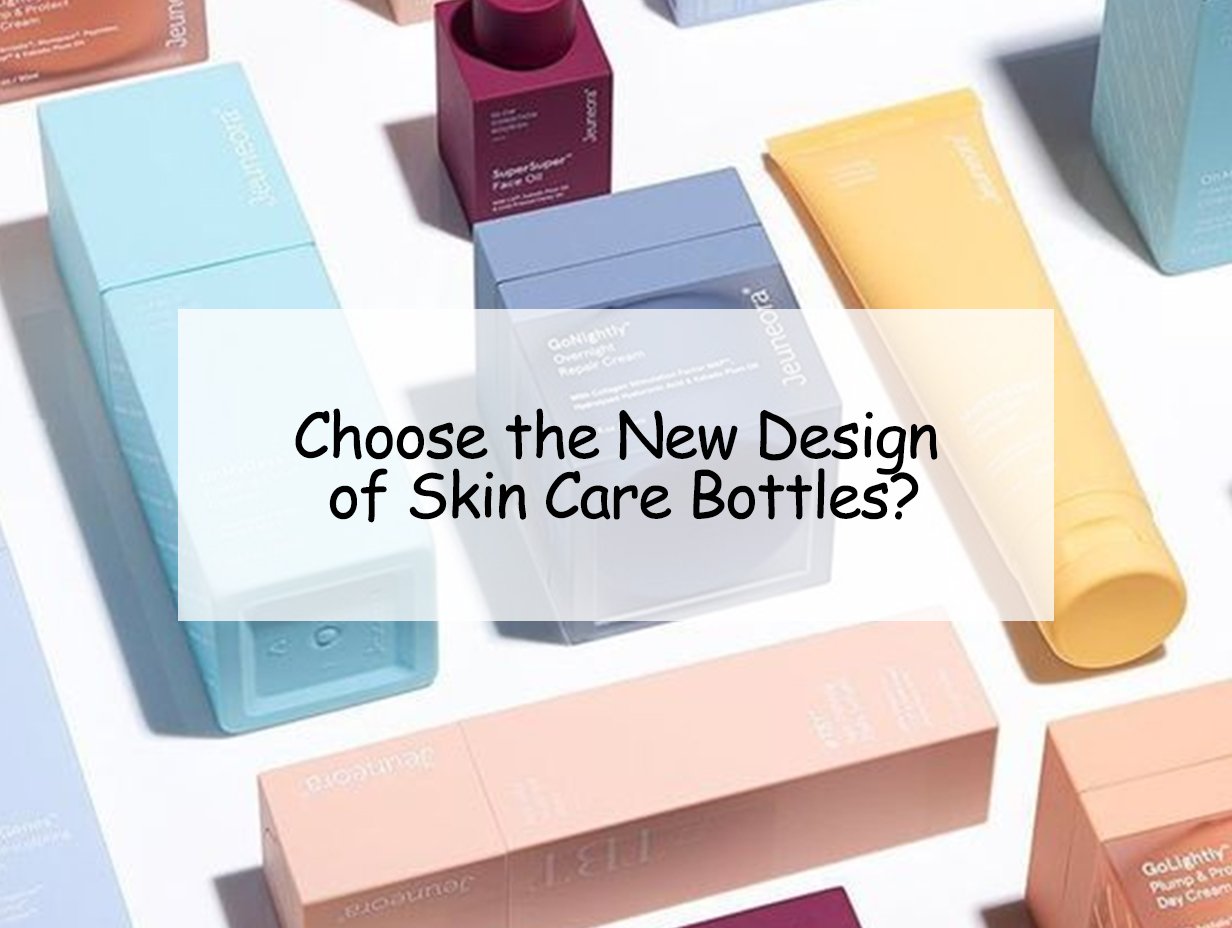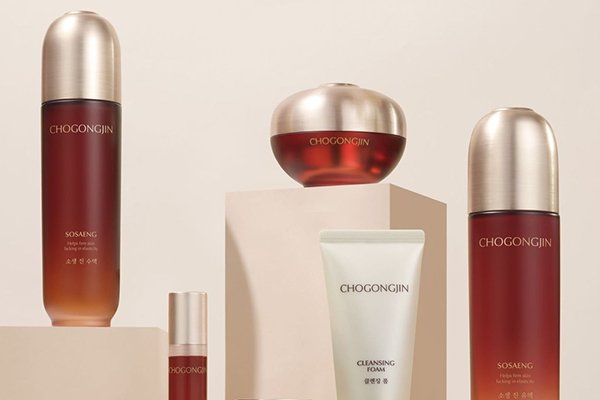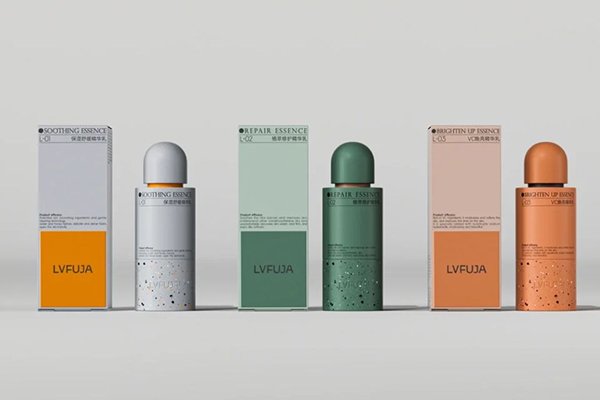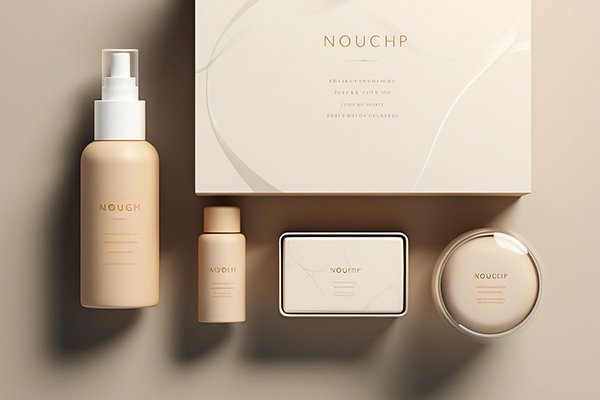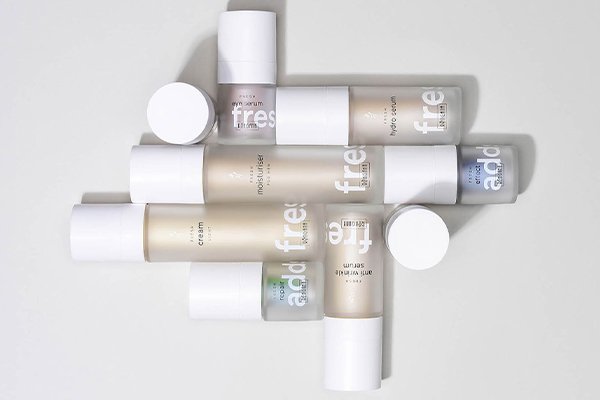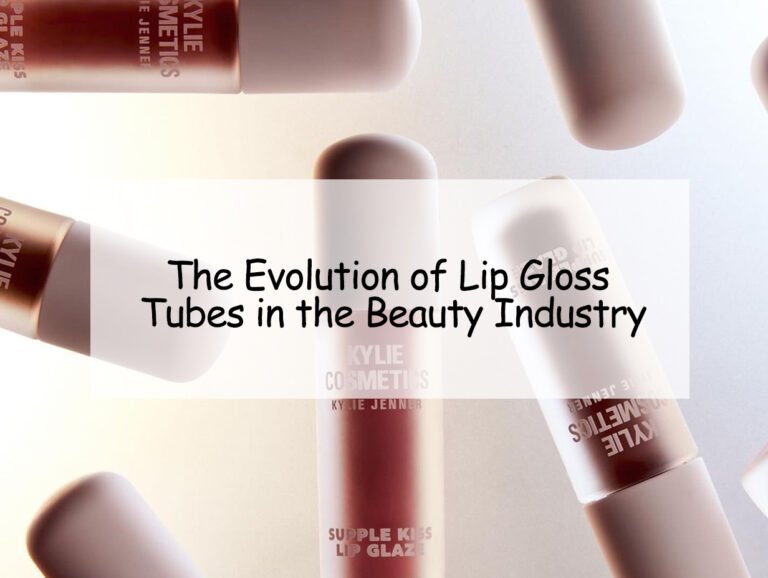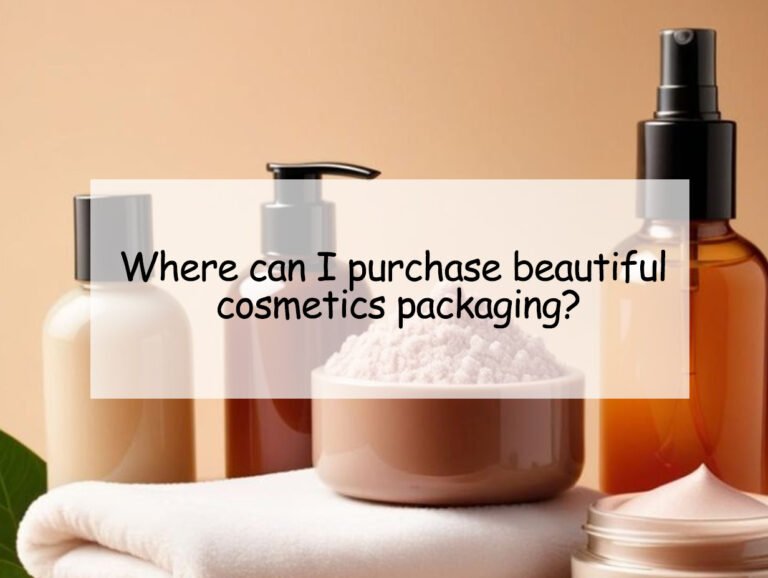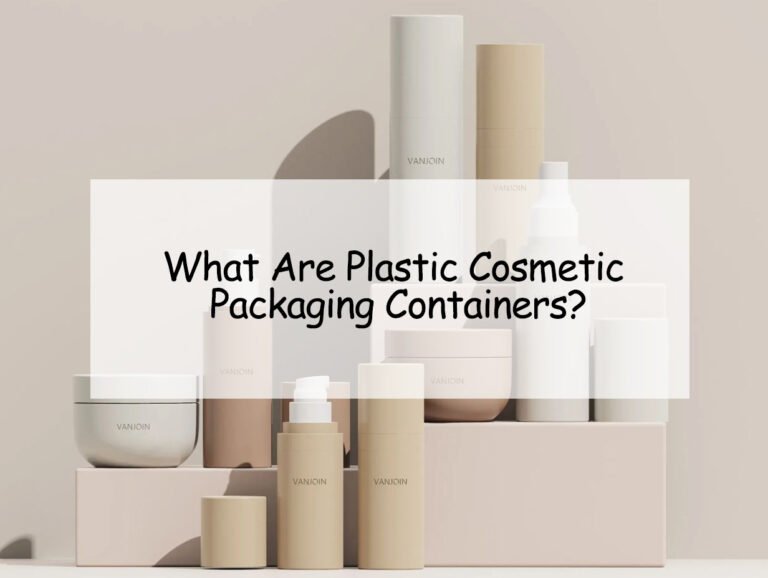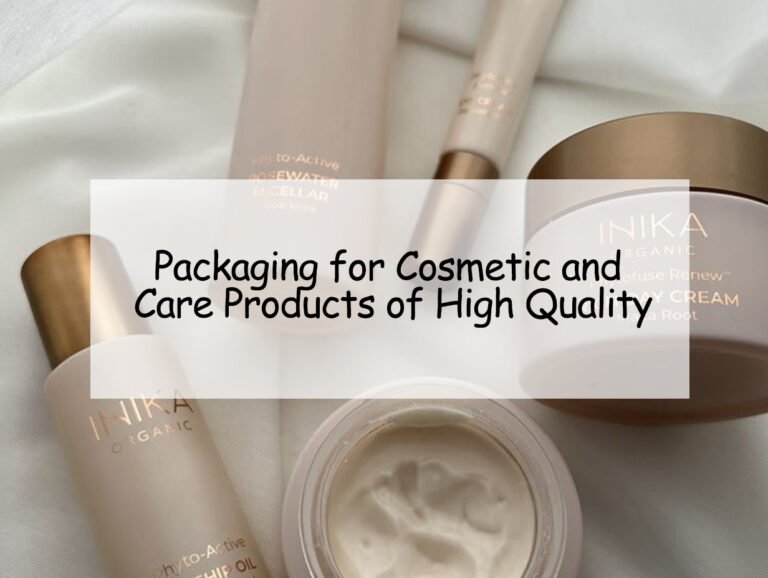Poor skincare packaging can result in negative user experiences and lost sales, damaging your brand’s reputation. It's crucial to invest in well-designed packaging that attracts and retains customers.
Skincare packaging design affects both customer satisfaction and brand identity. Choosing the right packaging ensures product protection, functionality, and aligns with consumer expectations. Learn key considerations for selecting the best packaging.
Stay with us to discover how thoughtful packaging choices can elevate your skincare brand, improve usability, and meet modern consumer demands.
The Importance of Choosing the Right Design for Skincare Packaging
Struggling to balance aesthetics and functionality in skincare packaging1? Poor design can deter customers. Effective packaging enhances usability, protects product integrity, and elevates brand appeal.
Skincare packaging combines aesthetics and functionality to ensure ease of use and product protection. A well-designed package attracts consumers, enhances the user experience, and reinforces brand value in a competitive market.
Choosing the right skincare packaging design is essential for both protecting the product and attracting customers. A well-thought-out design can convey the quality and values of your brand. It also plays a role in user experience, making the product easier to use and more appealing on the shelf.
Key Factors in Skincare Packaging Design
| Factor | Importance |
|---|---|
| Functionality | Ensures ease of use and product preservation |
| Aesthetics | Attracts consumers and reflects brand identity |
| Sustainability2 | Meets growing demand for eco-friendly products |
| Material Quality | Protects the product and maintains integrity |
| Customization | Differentiates your brand in a competitive market |
By focusing on these factors, you can create packaging that not only looks good but also serves its purpose effectively.
Material Choices: Impact of Materials on Skincare Packaging Design
Worried about product safety and environmental impact? Poor material choices can compromise both. Selecting the right materials ensures product preservation and aligns with sustainability goals3.
Skincare packaging materials influence product safety and sustainability. Durable, eco-friendly materials and designs4 protect the product while minimizing environmental impact, ensuring your brand meets consumer and regulatory expectations effectively.
Selecting the right materials for your skincare packaging is crucial. It affects the product’s longevity, the brand’s image, and the environmental footprint. For instance, glass can convey luxury and is recyclable, while plastic is lightweight and cost-effective but may raise sustainability concerns.
Popular Materials for Skincare Packaging
Glass
Glass is a premium material that offers excellent protection against contamination and oxidation. It is fully recyclable and can be reused, making it an eco-friendly choice. However, it is heavier and more fragile than other materials.
Plastic
Plastic is versatile and can be molded into various shapes and sizes. It is lightweight and cost-effective, which is ideal for mass production. Advances in biodegradable plastics5 also offer more sustainable options.
Aluminum
Aluminum is durable and recyclable. It provides excellent protection against light and air, which can extend the shelf life of skincare products. Its sleek appearance also adds a modern touch to packaging design.
Sustainability Considerations
| Material | Recyclable | Biodegradable | Cost | Durability |
|---|---|---|---|---|
| Glass | Yes | No | High | High |
| Plastic | Varies | Yes (biodegradable types) | Low to Medium | Medium |
| Aluminum | Yes | No | Medium | High |
Choosing materials that align with your brand’s sustainability goals can enhance your reputation and appeal to environmentally conscious consumers.
Design Trends to Watch in Skincare Package Design
Struggling to attract modern consumers? Outdated packaging design can make your brand less appealing. Embracing current design trends keeps your skincare products relevant and competitive.
Keeping up with skincare packaging design trends ensures your brand remains appealing and competitive. Modern designs enhance consumer perception, align with market demands, and create a strong visual impact that drives sales.
Keeping up with the latest design trends in skincare packaging can help your brand stay relevant and attractive. Current trends emphasize minimalism, sustainability, and personalization. These trends not only cater to aesthetic preferences but also align with consumer values.
Current Design Trends
Minimalist Design
Minimalist design focuses on simplicity and functionality. Clean lines, neutral colors, and understated branding are key elements. This trend appeals to consumers looking for elegance and sophistication.
Sustainable Packaging
Eco-friendly materials and designs are increasingly important. Consumers prefer brands that prioritize sustainability, using recyclable, biodegradable, or reusable packaging options.
Personalization
Customized packaging allows brands to connect with consumers on a personal level. This can include personalized labels, unique shapes, or limited edition designs that reflect the brand’s identity.
Future Design Directions
| Trend | Description |
|---|---|
| Interactive Packaging6 | Packaging that engages consumers through interactive elements |
| Smart Packaging7 | Incorporating technology like QR codes for added information |
| Bold Colors | Using vibrant colors to stand out on the shelf |
Adopting these trends can help your skincare packaging stand out and meet the evolving demands of consumers.
Customization: Creating Unique Skincare Packages for Your Brand
Struggling to stand out in a crowded skincare market? Generic packaging limits brand identity. Custom skincare packaging8 highlights your uniqueness, enhancing consumer appeal and brand recognition.
Custom skincare packaging differentiates your brand by offering tailored designs that align with your identity. Unique packaging enhances product appeal, reinforces branding, and delivers a memorable consumer experience, elevating your market position.
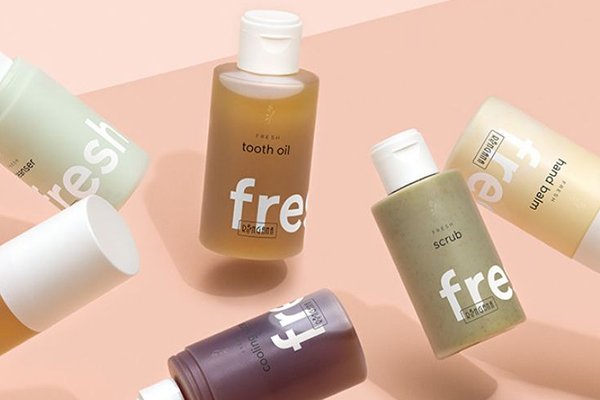
Customization in skincare packaging helps your brand stand out in a crowded market. By tailoring the design to reflect your brand’s personality and values9, you create a memorable experience for consumers. Custom packaging can include unique shapes, colors, and branding elements that differentiate your products from competitors.
Benefits of Custom Skincare Packaging
Brand Identity
Custom packaging reinforces your brand’s identity and values. It creates a cohesive look that consumers can recognize and trust.
Consumer Engagement
Unique packaging can attract attention and engage consumers. Interactive elements or personalized touches can enhance the user experience.
Market Differentiation
In a competitive market, custom packaging sets your products apart. It highlights your brand’s uniqueness and quality, making it more appealing to potential customers.
Customization Options
| Customization Type | Description |
|---|---|
| Shape and Size | Unique bottle shapes and sizes that reflect brand identity |
| Color Palette | Specific colors that align with brand aesthetics |
| Branding Elements | Custom logos, labels, and graphics |
| Functional Features | Innovative closures or applicators for enhanced usability |
Investing in custom packaging can significantly enhance your brand’s presence and appeal in the skincare market.
Eco-Friendly Skincare Packaging: Meeting Consumer Demands for Sustainability
Struggling to meet eco-conscious consumer demands? Unsustainable packaging can harm your brand’s image. Eco-friendly skincare packaging10 aligns with consumer expectations and supports environmental responsibility.
Eco-friendly packaging is vital for addressing environmental concerns and meeting consumer expectations. Choosing sustainable materials for skincare packaging enhances brand reputation, reduces ecological impact, and aligns with modern market demands.
Consumers are increasingly prioritizing sustainability, making eco-friendly skincare packaging a vital aspect of product design. Sustainable packaging not only reduces environmental impact but also resonates with consumers who value eco-conscious brands. By choosing sustainable materials and practices, you demonstrate your commitment to the environment and attract a loyal customer base.
Strategies for Sustainable Packaging
Use Recyclable Materials
Opt for materials that can be easily recycled, such as glass, aluminum, and certain plastics. Clear labeling on packaging can guide consumers on how to recycle properly.
Minimize Packaging Waste
Design packaging that uses the least amount of material necessary without compromising functionality. This reduces waste and lowers production costs.
Incorporate Reusable Designs
Create packaging that can be reused by consumers, such as jars or bottles that serve a secondary purpose. This not only reduces waste but also adds value to the product.
Benefits of Sustainable Packaging
| Benefit | Description |
|---|---|
| Environmental Impact | Reduces waste and conserves natural resources |
| Consumer Trust | Builds trust with eco-conscious consumers |
| Brand Differentiation | Sets your brand apart as a responsible and sustainable choice |
| Cost Savings | Reduces material costs through efficient design |
Implementing sustainable packaging practices can enhance your brand’s reputation and meet the growing demand for environmentally responsible products.
Budgeting for Skincare Packaging Design: Maximizing Value Without Compromising Quality
Struggling to manage packaging expenses? Overspending strains budgets, while cutting corners risks quality. Balancing cost and quality ensures skincare packaging that aligns with your brand and meets consumer expectations.
Balancing cost and quality in skincare packaging ensures affordability without compromising on functionality or aesthetics. Efficient budgeting helps create high-quality designs that enhance brand value while staying within financial constraints.
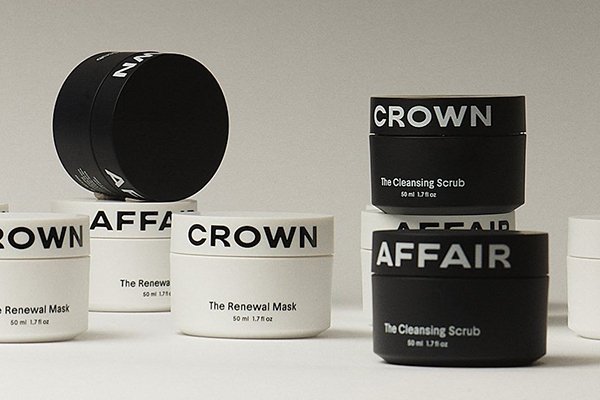
Designing skincare packaging within a budget requires strategic planning and smart choices. It’s possible to achieve high-quality packaging without breaking the bank by prioritizing essential elements and optimizing resources. Effective budgeting ensures that you can create attractive and functional packaging that aligns with your brand’s goals and financial constraints.
Cost-Effective Packaging Strategies
Prioritize Essential Features
Identify the most important features that your packaging must have and focus your budget on those. This ensures that critical aspects like functionality and protection are not compromised.
Optimize Material Use
Choose materials that offer the best balance between cost and quality. Bulk purchasing and negotiating with suppliers can also help reduce material costs.
Simplify Design Elements
A simpler design can be more cost-effective while still being aesthetically pleasing. Avoid unnecessary embellishments that add to production costs without enhancing the product’s appeal.
Maximizing Value
| Strategy | Description |
|---|---|
| Bulk Ordering | Reduces cost per unit by ordering larger quantities |
| Supplier Negotiation | Negotiate prices and terms with suppliers |
| Efficient Design | Streamline design to minimize waste and reduce costs |
| Standardization | Use standard sizes and components to lower production costs |
By implementing these strategies, you can create high-quality skincare packaging that fits within your budget and meets your brand’s needs.
Conclusion
Choosing the right design enhances your skincare brand’s success.
-
Provides evidence on why balancing aesthetics and functionality is crucial for skincare packaging. ↩
-
Explains the concept of sustainability in packaging design. ↩
-
Explains how sustainability goals align with material choices in packaging. ↩
-
Provides information on eco-friendly materials and designs for packaging. ↩
-
Defines biodegradable plastics and their applications. ↩
-
Defines interactive packaging and its role in consumer engagement. ↩
-
Defines smart packaging and its technological applications in cosmetics. ↩
-
Details the benefits of custom skincare packaging for brand differentiation. ↩
-
Explains how sustainability aligns with broader sustainability goals for brands. ↩
-
Clarifies the importance of quality control in cosmetic packaging processes. ↩
2.png)
